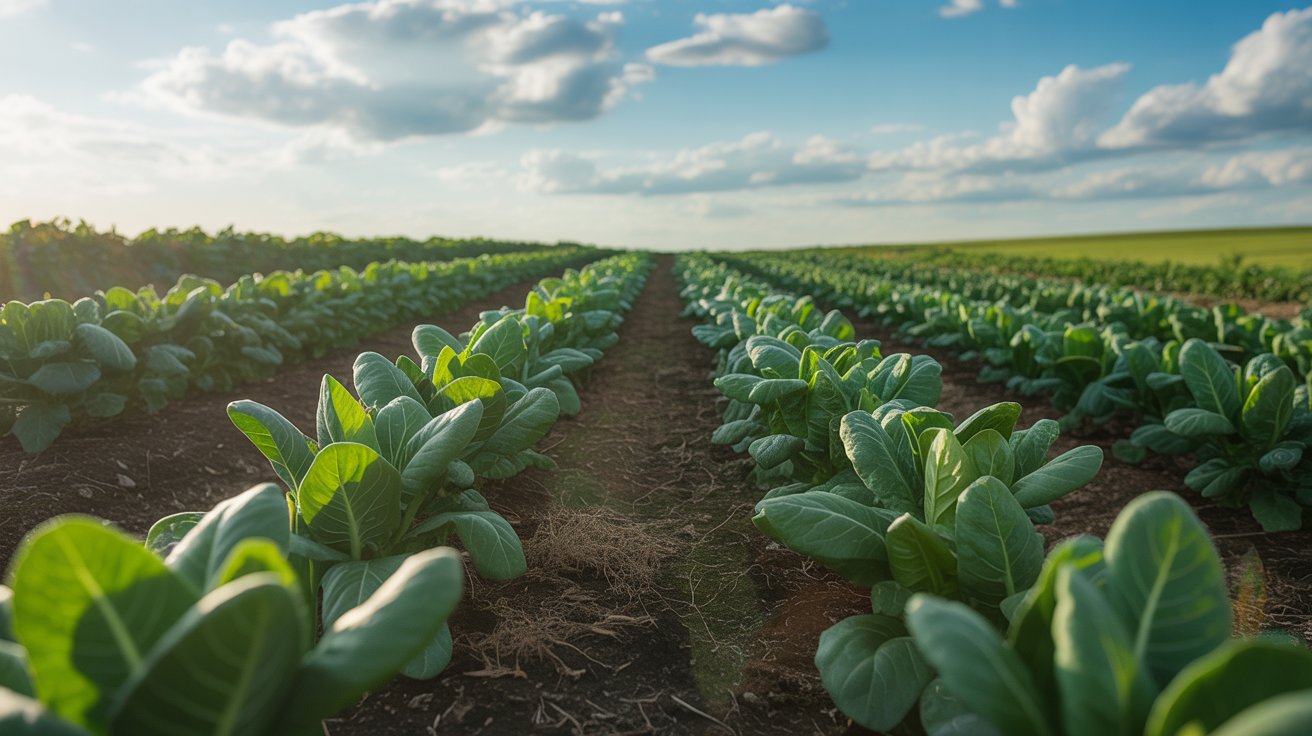
Soil gets tired. You feed it year after year, follow all the “right” steps, but the results? Sometimes they fall short.
Maybe your plants look fine but aren’t thriving. Maybe yields are dropping. Or maybe the soil just isn’t holding water like it used to. Meanwhile, costs keep climbing — more fertilizer, more treatments, more everything.
Here’s another path. One that more farmers, from smallholders to large-scale producers, are now choosing:
Organic Fertilizers
They’re not just better for the environment (which they are) — they work. Organic fertilizers feed the soil, not just the crop. They help the land heal itself and, over time, make farming easier instead of harder.
Let’s break it down.
Here are 5 real benefits of organic fertilizers and why making the switch simply makes sense.
Soil Isn’t Just Dirt — It’s Alive
Healthy soil is a living ecosystem. It’s home to worms, insects, fungi, and beneficial bacteria, all working underground to help your crops grow stronger.
Synthetic fertilizers often do little for these organisms — some even harm them. Organic fertilizers, such as compost, manure, or plant-based matter, feed the entire system. They give the soil what it needs to come alive again.
When soil is alive, it holds water better, weathers climate extremes more easily, and resists erosion. Treat your soil like part of your team, and it will start working for you, not against you.
Slow and Steady Wins the Crop
Synthetic fertilizers act fast — but fade just as quickly. After a burst of growth, nutrients can wash away with the rain or sink too deep for roots to reach, forcing constant reapplication.
Organic fertilizers release nutrients gradually, feeding crops over time. This steady supply supports strong, consistent growth and reduces the need for frequent applications. Less work. Less waste. Less stress.
Farm Cleaner — and Protect Your Reputation
Everything you add to your soil eventually travels: into waterways, into the air, and sometimes into food. Synthetic fertilizer runoff pollutes rivers, harms wildlife, and can hurt your standing with local communities or buyers.
Organic fertilizers break down naturally, without leaving behind harmful chemical residues. More consumers care about how their food is grown, not just how it looks. Using organic methods signals that you farm responsibly — and that matters in today’s market.
Healthier Soil = Better Crops
Strong soil produces strong crops — it’s that simple. Healthy plants resist disease, develop deeper roots, taste better, store longer, and look more appealing on shelves or at market.
Organic fertilizers gradually build soil health, improving crop quality and potentially boosting your sales. Consumers are willing to pay for food they trust, and organic practices give you a story worth telling.
An Investment That Pays Off
Switching takes planning and patience, but the long-term payoff is worth it:
- Less soil degradation
- Fewer repeat treatments
- Lower dependence on external inputs
- Healthier land to pass down
Many organic fertilizers can be produced on the farm using compost, crop residues, or manure — turning waste into value and reducing input costs. By improving soil instead of depleting it, you set the stage for stronger yields for years to come.
You Don’t Have to Go All In at Once
Change can start with a single field or crop. Watch how the soil responds and how your workload shifts.
Organic fertilizers give you more than healthier plants — they give you control over your land, your processes, and your future. The change may be gradual, but the results endure.
Final Thought
Farming is hard enough without battling worn-out soil. Organic fertilizers help you create a farm that’s not only productive, but truly sustainable.
You’re not just growing crops — you’re building a legacy. If your soil feels tired, it might be time to give it what it’s really asking for. Start small, stay curious, and grow better — not just more.
FITOCHEM can help you select the right organic fertilizers for your crop, ensuring long-lasting nutrients for your soil. [Explore our product range] and take the first step toward healthier, more resilient farming.

